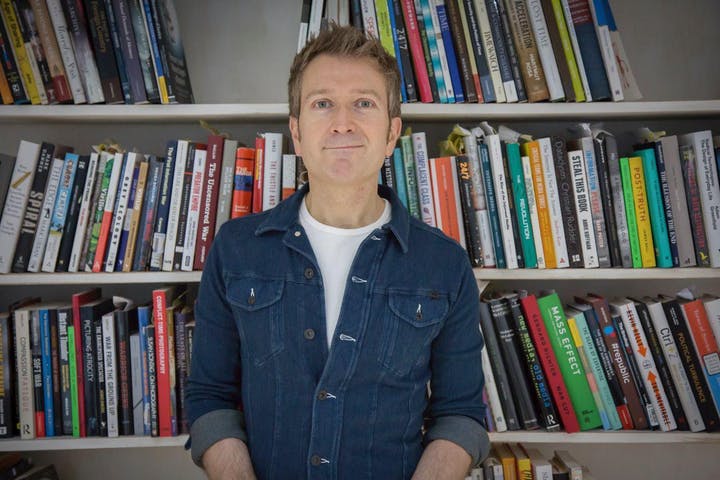Join the POEM network on 26th March at the University of Glasgow for a public talk by Prof. Andrew Hoskins who will discuss memory in today’s complex media ecology.
A paradoxically connected but atomised media ecology, the living archive of social media – a constantly evolving record of the everyday – defies traditional categories and certainties of media provenance, ownership, duration and decay.
User-generated needs and the embrace of the digital values of openness appear to liberate archives from the bounds of space and from organisations and elites, and yet the past is also caught up in the algorithmic narrowing of information, knowledge, and life. The haste for the former (the digitization of everything) seems at the expense of the latter (comprehension of the risks related to ownership, use, access, costs and finitude of digital data).
This presentation asks what are the prospects for human remembering and forgetting under these conditions. To this end, I explore the long implicit binary or separation between accounts of roughly human (cognitive) and exteriorised (social, cultural, collective) memory. The former (in the head) is seen as mostly active, whereas the latter (in the wild) never ‘did anything to itself’ in that it was seen as reliant on human agents to make it active. I ask: do algorithms and so-called artificial intelligence (AI) offer memory a ‘third way’, beyond its established domains (in the head, and in the wild)?


